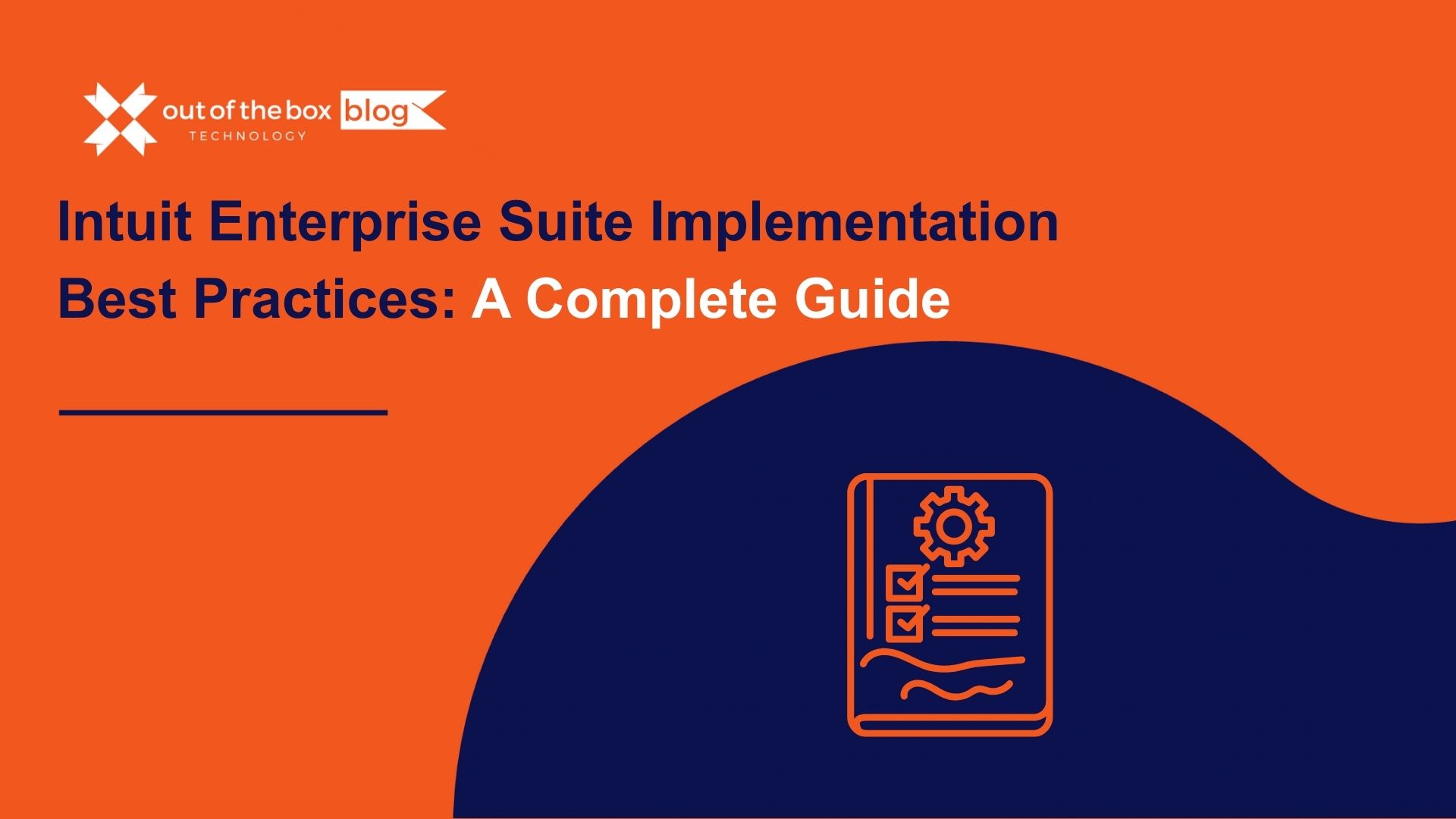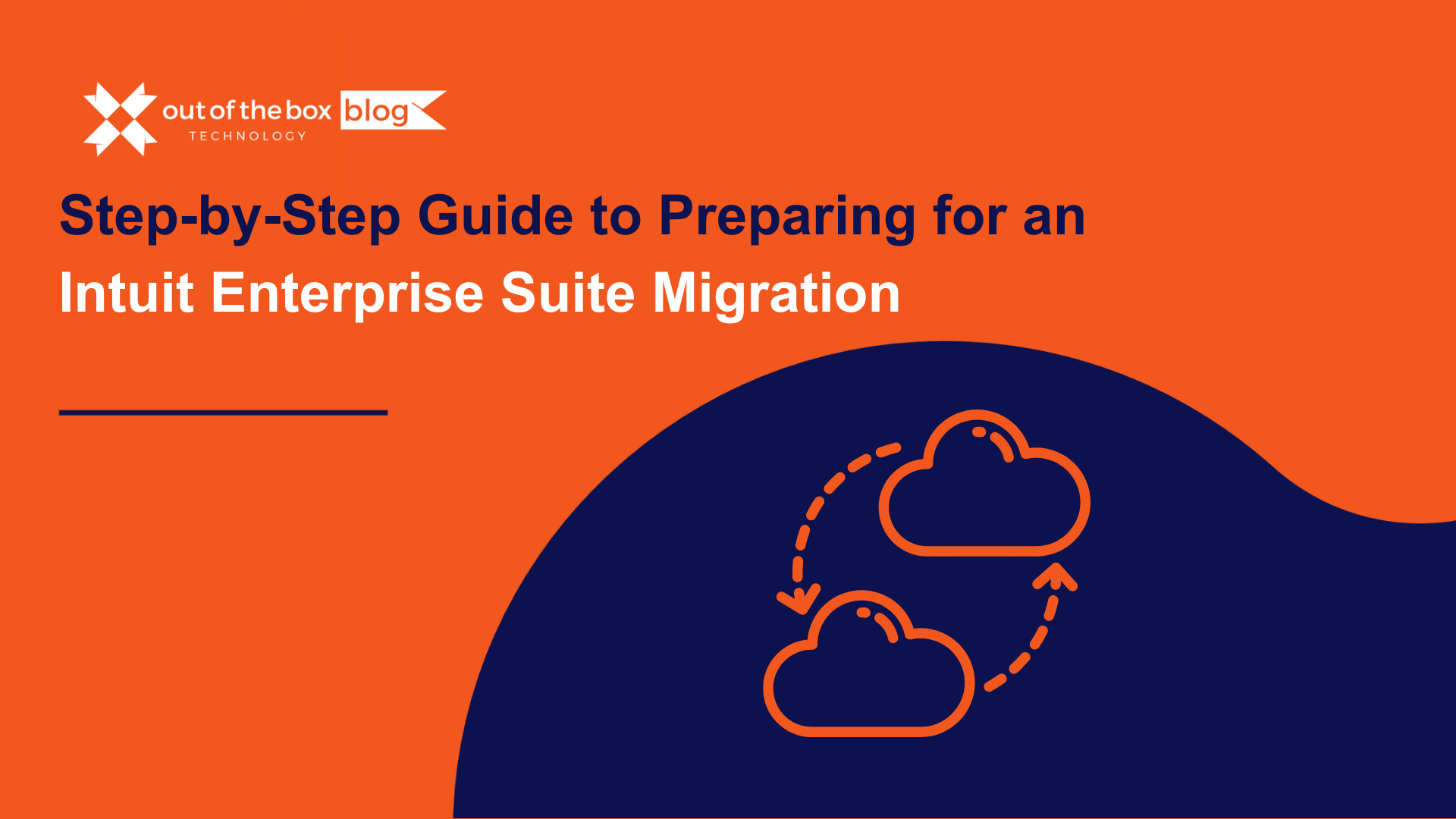As a small business owner, you’re likely familiar with the terms bookkeeping and accounting, but do you know the differences between the two? While they are closely related, these financial services serve distinct purposes. Choosing the right service—or a combination of both—is crucial to managing your business’s financial health.
In this blog post, we’ll break down the key differences between bookkeeping and accounting, explore when you might need each service, and provide practical examples to help you make the best decision for your small business.
What is Bookkeeping?
Bookkeeping is the process of recording daily financial transactions. It’s the foundation of your financial records and includes tasks such as:
- Tracking income and expenses
- Maintaining ledgers and journals
- Managing accounts payable and receivable
- Reconciling bank and credit card statements
- Processing payroll
Bookkeepers ensure that all your transactions are recorded and categorized correctly, which makes it easier to analyze the business’s financial health. Typically, bookkeepers use software like QuickBooks, Xero, or FreshBooks to automate and streamline the process.
Example: A small retail business might hire a bookkeeper to keep track of daily sales, supplier payments, and payroll for employees. The bookkeeper enters all this data into a bookkeeping software, categorizing expenses for utilities, rent, and inventory purchases. This accurate record-keeping allows the business owner to review cash flow on a weekly basis and ensure bills are paid on time.
What is Accounting?
Accounting is a more advanced process that involves interpreting, analyzing, and summarizing financial data to provide insights into a business’s financial position. Accounting tasks typically include:
- Preparing financial statements (income statements, balance sheets, cash flow statements)
- Filing tax returns and ensuring compliance with regulations
- Conducting financial audits
- Offering financial forecasts and budgeting
- Advising on tax strategies and business growth
Accountants analyze the data recorded by bookkeepers and use it to offer strategic advice and planning.
Example: If a small business wants to expand its operations, an accountant can help analyze the company’s current financials, create a budget for the expansion, and assess potential tax implications. This information can be used to determine the best financing options and ensure the business remains financially stable during growth.
Key Differences Between Bookkeeping and Accounting
While bookkeeping and accounting overlap in certain areas, there are distinct differences between the two.
| Aspect | Bookkeeping | Accounting |
|---|---|---|
| Focus | Day-to-day recording of transactions | Analyzing and interpreting financial data |
| Tasks | Maintaining ledgers, categorizing expenses, reconciling books | Preparing financial statements, filing taxes, advising on growth |
| Tools Used | QuickBooks, Xero, FreshBooks | Accounting software, tax software, financial modeling tools |
| Skill Level | More transactional, requires attention to detail | More analytical, requires financial expertise |
| Output | Well-organized financial records | Actionable financial insights and recommendations |
When Does Your Small Business Need Bookkeeping?
Bookkeeping is essential for any business, no matter how small. Accurate and consistent bookkeeping helps you:
- Track cash flow in real-time
- Pay bills and invoices on time
- Prepare for tax season with accurate records
- Ensure regulatory compliance with financial documentation
For businesses that are just starting out, hiring a bookkeeper can save time and reduce the risk of mistakes. According to a study by Clutch, 30% of small businesses still fail to keep proper financial records, which can lead to cash flow problems and missed opportunities for tax deductions.
When Does Your Small Business Need Accounting?
While bookkeeping keeps the financials in order, accounting provides deeper insights into your business’s financial performance. Small businesses typically need an accountant when they:
- Are preparing for tax season and need to file returns
- Want to analyze financial trends and profitability
- Need help with strategic planning or expansion
- Require financial audits or need to ensure compliance with industry regulations
A report by the Small Business Administration (SBA) revealed that 82% of small businesses fail due to cash flow mismanagement. This is where accounting becomes critical: accountants can analyze cash flow, identify financial bottlenecks, and offer solutions to improve profitability and growth.
Do You Need Both Bookkeeping and Accounting?
For many small businesses, the answer is “yes.” Bookkeepers maintain the daily records that accountants use to provide insights and strategic advice. Having both services ensures your financial foundation is solid while giving you the analysis needed to make informed decisions.
Example: A small manufacturing business might rely on a bookkeeper to record daily transactions, track expenses, and process payroll. However, an accountant would step in to analyze quarterly financial statements, help with tax planning, and advise on cash flow management strategies.
Having both professionals working together allows the business owner to focus on operations without worrying about financial mismanagement.
How to Choose the Right Service for Your Business
When deciding whether to hire a bookkeeper, accountant, or both, consider the size of your business, your financial complexity, and your long-term goals.
- Small and simple operations: A bookkeeper may be all you need to handle daily financial tasks, especially if you’re just starting out or have minimal financial activity.
- Growing businesses: As your business grows, the complexity of your financial needs increases. Bringing in an accountant to analyze your financials, handle taxes, and provide strategic guidance can help you scale efficiently.
- Seasonal assistance: You might also opt for a bookkeeper for ongoing tasks and hire an accountant on a quarterly or annual basis to review financials, prepare for tax season, or help with major business decisions.
Data Points and Real-Life Examples
- Cost: According to Salary.com, the average annual salary of a bookkeeper in the U.S. is $42,000, while the average salary of an accountant is around $73,000. Depending on your business’s size, you can hire them in-house, contract part-time, or outsource their services.
- Time Savings: Businesses that use bookkeeping services save an average of 10 hours per week on administrative tasks, according to data from The Balance Small Business. This time can be redirected toward business growth and customer service.
- Accuracy: The IRS reports that 25% of small businesses make tax filing errors due to incomplete or inaccurate financial records. Having a professional bookkeeper and accountant on your team can reduce the likelihood of costly errors.
Conclusion
Bookkeeping and accounting are two essential financial services for small businesses, but they serve different purposes. While bookkeeping focuses on recording day-to-day transactions, accounting interprets that data to provide insights and strategic guidance.
For many small businesses, both services are necessary to ensure financial health. By understanding the difference between the two and assessing your business’s needs, you can make an informed decision about whether to hire a bookkeeper, accountant, or both.
Whether you’re just starting out or looking to grow your business, having the right financial experts by your side can be the key to long-term success.
Meet with a QuickBooks service expert today!
Schedule a complimentary QuickBooks service consultation to find out the how our professional bookkeeping services can help your business run at its best.




